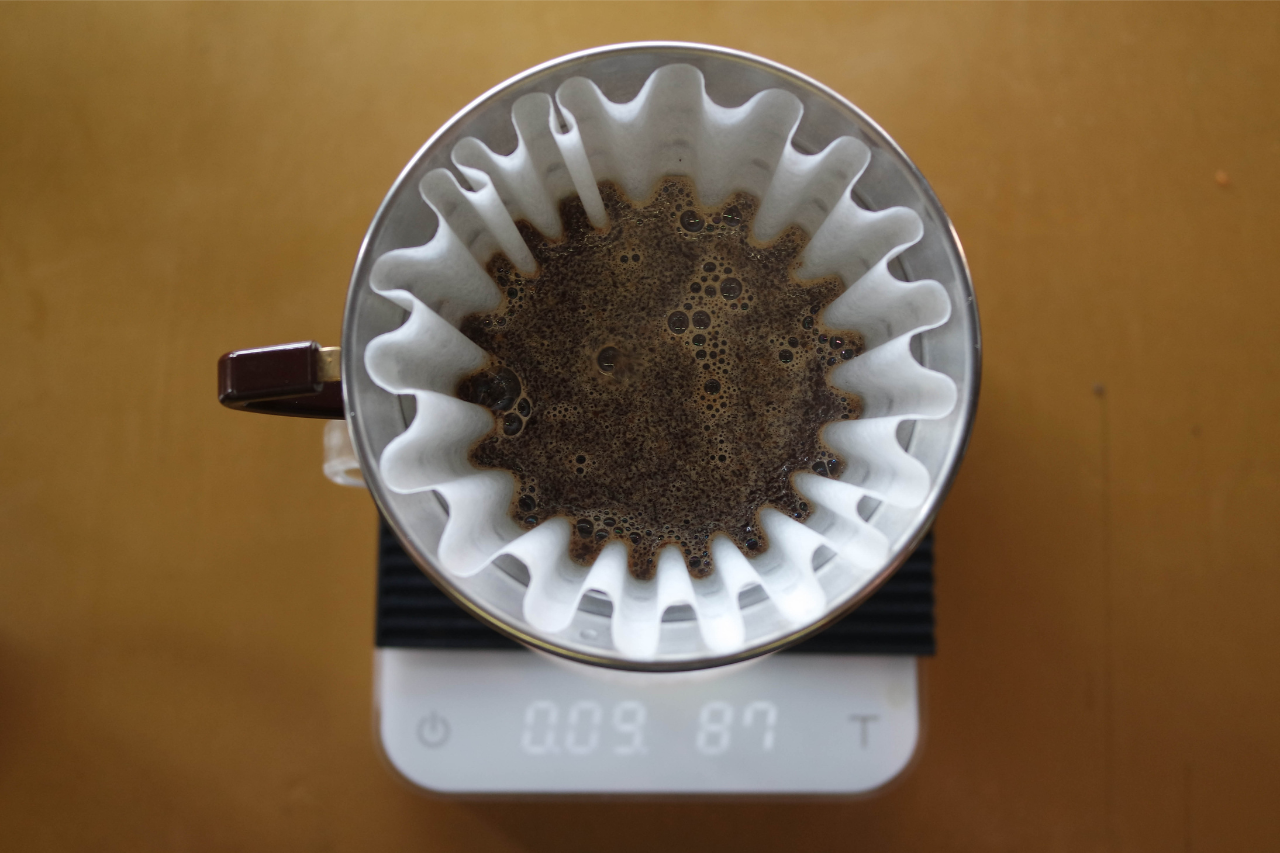
Tips for Recycling Aluminum Cans

Share:
Aluminum can prices vary depending on a number of factors, including the type of can, the quantity of can, and the location of the can. In order to get the most for your recycling efforts, it is important to understand these factors and how they can affect your aluminum can prices.
Type of Can
The type of can you recycle can have a big impact on the price you are paid for recycling. For example, aluminum soda cans are generally worth more than food cans. This is because soda cans are typically made from a higher grade of aluminum than food cans. In addition, soda cans are often easier to recycle because they can be crushed before being recycled. As a result, they take up less space in a recycling facility and can be recycled more efficiently.
Quantity of Cans
The number of cans you have to recycle can also affect the price you are paid. In general, the more cans you have to recycle, the higher the price will be. This is because recycling facilities often charge by the pound or ton for recycling aluminum cans. As a result, if you have a large number of cans to recycle, you can potentially get a higher price per can.
Location of Can
The location of the can also plays a role in the price you are paid for recycling. In general, can prices are highest in areas where there is a high demand for recycled aluminum. This is because recycling facilities in these areas can charge more for their services. As a result, if you live in an area with a high demand for recycled aluminum, you can expect to get a higher price for your cans.
Aluminum Can Prices: Get the Most for Your Recycling
When you recycle your aluminum cans, you can get paid handsomely. The prices for aluminum can recycling can vary widely, depending on a number of factors. Here’s what you need to know to get the most money for your cans.
The first thing to consider is the location of the recycling center. Prices can vary widely from state to state, and even from city to city. In general, you can expect to get paid more for your cans if you live in a large city than if you live in a small town. The reason for this is simple- there is more demand for recycled aluminum in larger cities.
Another factor that can affect the price you get for your cans is the current market value of aluminum. The prices can fluctuate quite a bit, so it’s important to keep an eye on the market. You can check the current prices online or at your local recycling center.
Finally, the amount of aluminum you have to recycle can also affect the price you get paid. Obviously, the more cans you have, the more money you can expect to make. However, if you have a large amount of aluminum to recycle, you may be able to negotiate a higher price with the recycling center.
Keep these factors in mind when you recycle your cans and you can maximize your earnings. And remember- every can counts!
State Beverage Container Deposit Laws
Aluminum can prices vary depending on the state in which you recycle them. Some states have what is called a “bottle bill” which requires a deposit when purchasing certain beverages in containers. The purpose of these deposit laws is to encourage recycling and reduce litter. When you return your empty can to the store, you receive your deposit back.
The value of the deposit varies from state to state but is typically 5 or 10 cents per can. In addition to the deposit, you will also be paid the going scrap price for aluminum. So, if aluminum is currently selling for $0.70 per pound, you would receive an additional 7 to 14 cents per can.
Other states do not have bottle bills and therefore do not offer deposits for recycling aluminum cans. In these states, you will only be paid the going scrap price for aluminum.
The best way to find out the aluminum can prices in your area is to contact your local recycling center or visit their website.
Where to Find Aluminum Can
At work:
Many workplaces have recycling bins specifically for aluminum cans. If your workplace doesn’t have one, ask about starting a program.
At home:
If you drink canned beverages often, save them up and recycle them when you have a full bag or can.
On the go:
Look for public recycling bins in your town or city. These are usually located near parks, playgrounds, and other public places.
In the wild:
Be on the lookout for aluminum cans while you’re out hiking, camping, or even just walking around your neighborhood. If you find a can, recycle it!
Festivals and events:
Many festivals and events have recycling bins for aluminum cans. If you’re attending one of these events, be sure to recycle your cans.
How to Recycle Aluminum Cans
The first step in recycling aluminum cans is to collect them. You can do this by setting up a recycling bin at your home or workplace, or by keeping a bag or can in your car to collect cans while you’re out and about.
Once you have a collection of aluminum cans, the next step is to clean them. Rinse out each can with water and let them air dry.
After they are clean, it’s time to recycle! You can take your cans to a local recycling center or drop them off at a community recycling bin. Some cities even have curbside recycling programs that will pick up aluminum cans (and other recyclables) right from your home.
Frequently Asked Questions (FAQ)
Q: How many aluminum cans does it take to make a pound?
A: It takes approximately 30 empty aluminum cans to make one pound.
Q: How much does a pound of aluminum cans sell for?
A: The going rate for aluminum cans is about $0.70 per pound. However, prices may vary depending on your location.
Q: How can I tell if a can is aluminum?
A: Aluminum cans are typically silver or white in color. They may also have a greenish tint, which is caused by a chemical reaction that takes place during the canning process. You can also check the bottom of the can for a recycling symbol that has the letter “A” in it. This indicates that the can is made of aluminum.
Q: What do I do with the can lids?
A: Most recycling centers will accept can lids along with the cans themselves. However, you can also recycle them separately if you prefer. Just be sure to clean them off before recycling.
Q: Can I recycle aluminum foil?
A: Yes, aluminum foil can be recycled! Just be sure to clean it off before recycling. You can also recycle foil pie plates and other types of aluminum food packaging.
Q: What else can I recycle?
A: In addition to aluminum cans, you can also recycle glass, plastic, paper, and cardboard. Most recycling centers will accept all of these materials.
Bottom Line
Aluminum cans are a valuable resource that can be recycled over and over again. Be sure to collect and clean your cans before recycling them. You can also put them to good use by selling them, donating them, or creating something new out of them!
Most Popular


What is Coffee Bloom and why does it happen?

20 Best Books Made Into Movies And TV Shows





